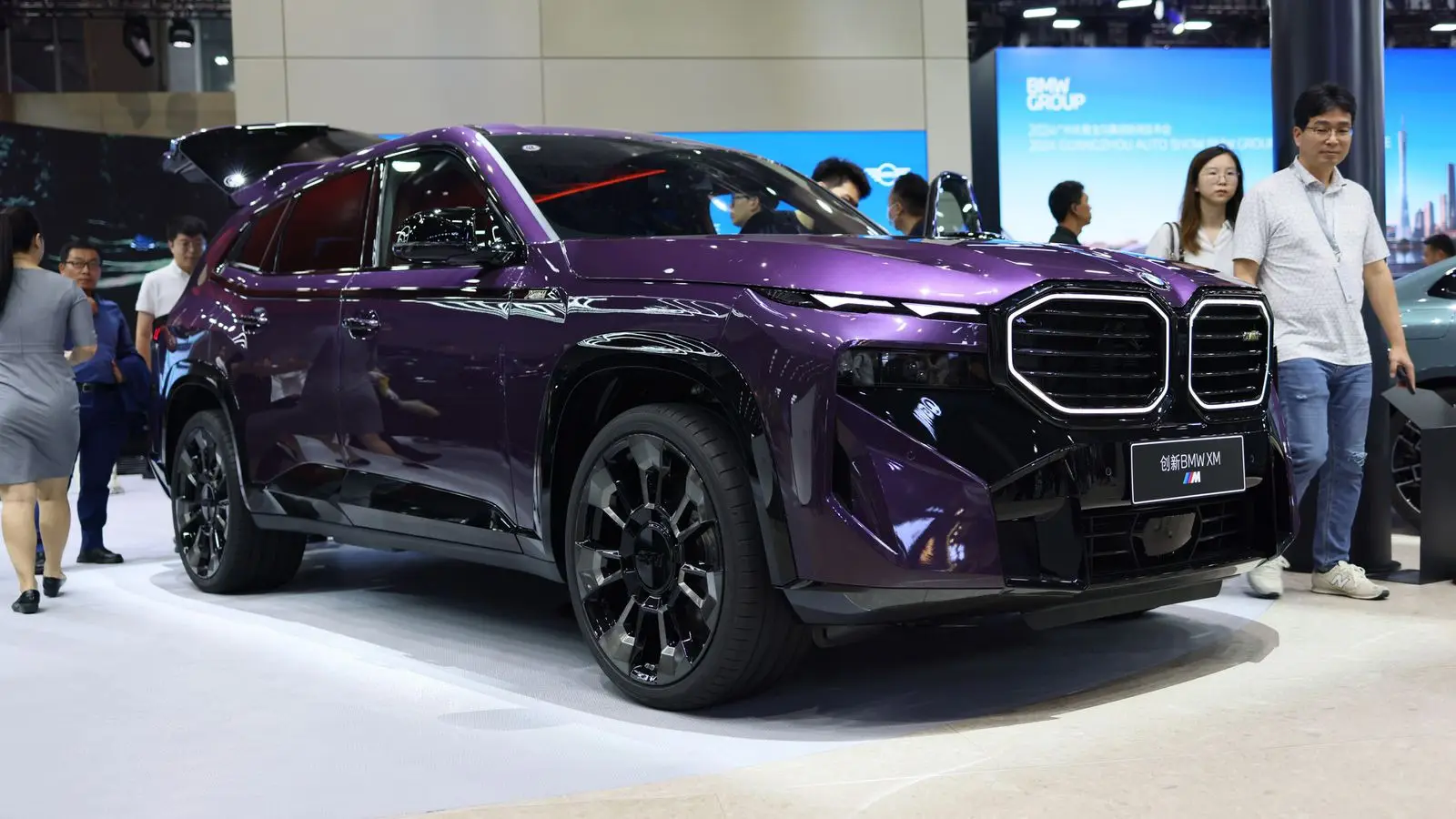U.S. Auto Sales Spike Ahead of Trump’s Tariff Deadline

Auto sales rose sharply as buyers rushed to avoid Trump’s 25% auto tariffs. Discover which brands gained and how prices may jump.
March brought a wave of unexpected activity to U.S. car dealerships as consumers scrambled to buy vehicles ahead of former President Donald Trump’s proposed 25% tariffs on imported cars and auto parts. With prices set to rise by thousands of dollars, urgency was in the air.
Randy Parker, CEO of Hyundai Motor North America, noted that the past weekend had been the strongest in a long time. Hyundai reported a 13% increase in March sales compared to the previous year. Ford’s March dealership sales surged 19%, although the company’s overall quarterly sales fell by 1% due to weaker fleet demand. General Motors, which did not break out March results separately, saw a 17% rise in first-quarter sales.
The reason behind the spike? A looming deadline. Tariffs on imported vehicles are set to take effect on April 4, followed by levies on auto parts on May 3. Even cars built in the U.S. often include more than 50% of components made abroad, meaning price increases could ripple across the entire market.
Analysts estimate that price tags on popular models such as the Chevrolet Silverado 1500 and Nissan Sentra could climb by $6,000 to $16,000. Automakers are still evaluating pricing strategies in response to the looming tariffs, and some, like BMW, have explored short-term measures such as offering limited price protection on select vehicles.
The surge in demand is strongest among hybrid and electric vehicles. GM nearly doubled its battery-electric vehicle (BEV) sales to 32,000 units, driven by broader availability of models like the Equinox EV. Hyundai reported a 68% increase in hybrid sales for the first quarter, while its EV sales grew by 3%. Toyota's North American unit posted a striking 44% rise in hybrid and EV sales in March alone, with electrified models accounting for nearly half of its total sales. Ford’s hybrid sales rose 33% during the first quarter, while EV sales, including the Mustang Mach-E, were up 12%. At the same time, Ford’s internal combustion engine vehicle sales declined by 5%.
Reactions vary across the auto industry. Some automakers are adjusting prices or offering incentives, while others remain cautious, still assessing the impact. Hyundai, for instance, has yet to make firm decisions on pricing but has urged consumers not to delay purchases. Meanwhile, governments in Japan, South Korea, and the EU have hinted at possible retaliatory measures. Canada and Mexico have secured temporary exemptions, but other nations remain in a holding pattern.
Increasing domestic production could help offset some of the shock, but experts caution that reshoring manufacturing is costly and slow-moving. For now, dealers report a clear pattern: consumers are rushing to buy today, unsure of what tomorrow might bring.
Allen Garwin
2025, Apr 02 09:09


